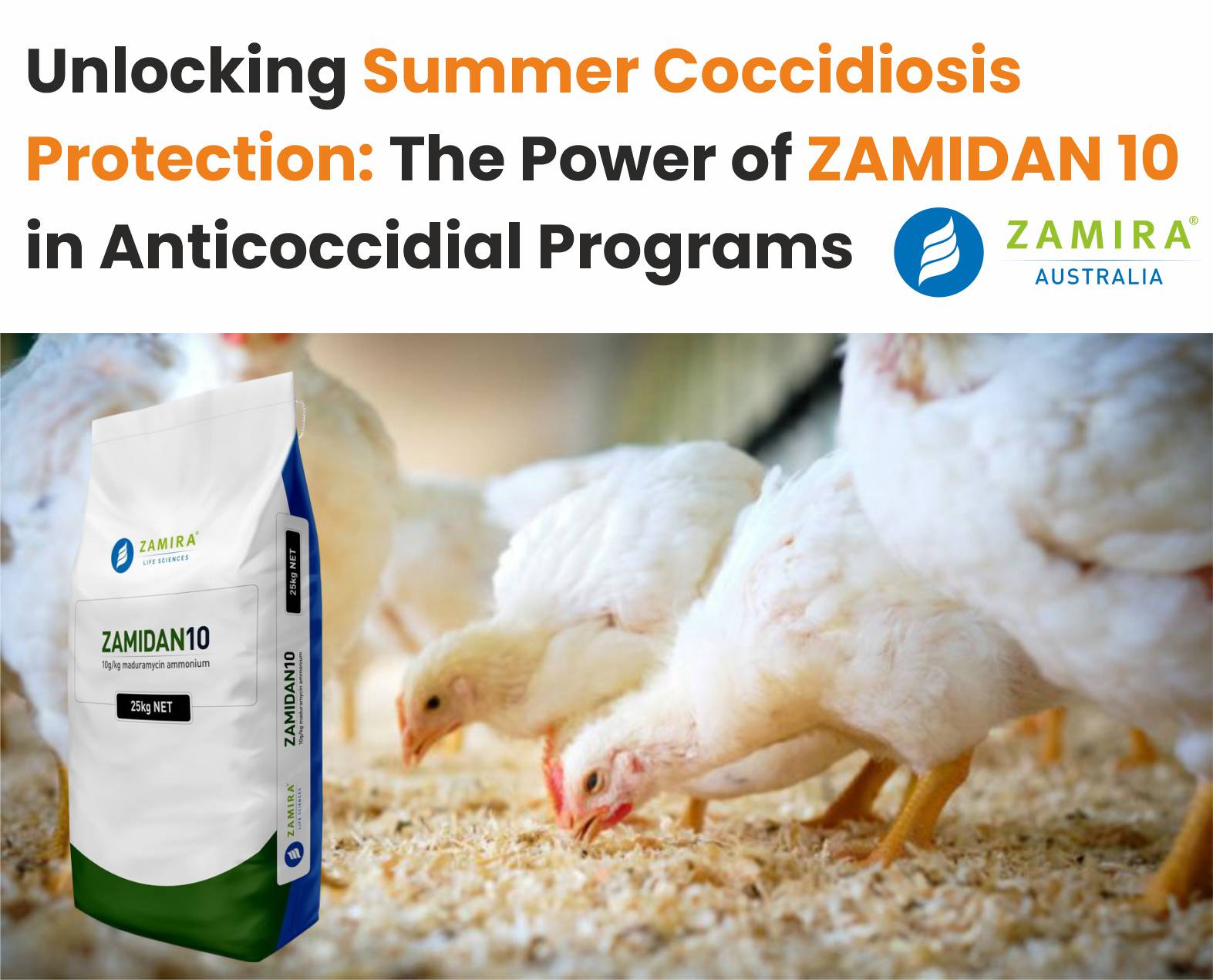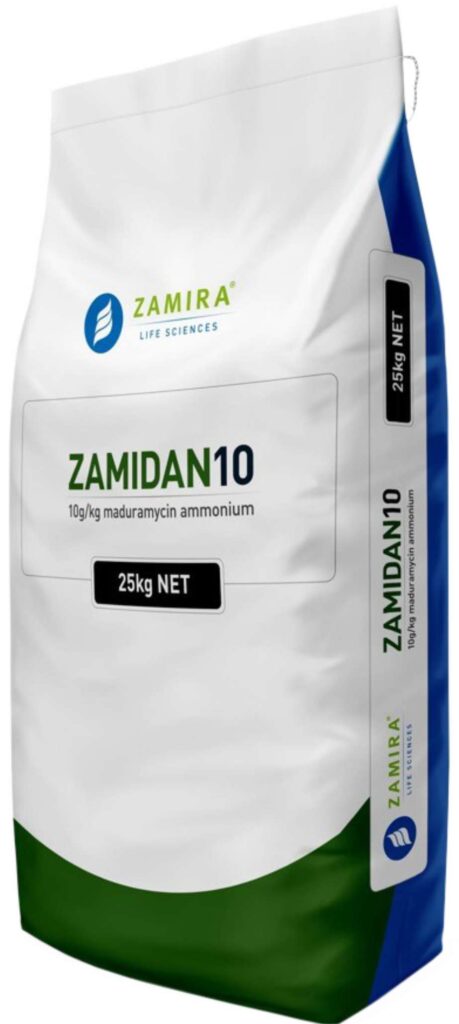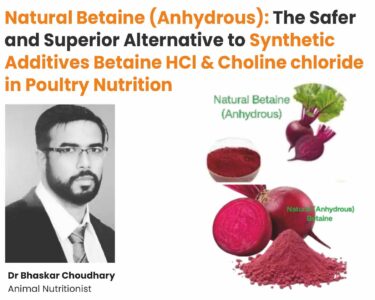Unlocking Summer Coccidiosis Protection: The Power of ZAMIDAN 10 in Anticoccidial Programs

By Dr Sajid Hussain M.V.Sc, M.B.A
Techno-Commercial Manager (North & East India)
Zamira Australia
Coccidiosis in poultry, a prevalent and economically impactful parasitic disease, primarily targets the intestinal tract. Its repercussions include substantial economic losses within the poultry industry, stemming from reduced productivity and heightened mortality rates.
During the summer period, managing coccidiosis in poultry presents unique challenges due to environmental factors that exacerbate the risk of infection and impact bird health.
A comprehensive approach is required to address the complexity of coccidiosis that considers the multifactorial nature of the disease. Management should incorporate prevention strategies, biosecurity measures, nutritional management, vaccination programs, and proper flock health monitoring.
The complexity of coccidiosis management hinges on several points:
- Multiple Eimeria species: The disease is caused by multiple Eimeria species, each with unique pathogenicity and preferred sites of infection, complicating diagnosis, treatment, and prevention strategies.
- Lifecycle variability: The complex lifecycle of the Eimeria parasite, involving multiple stages and transmission routes, makes breaking the cycle of infection within a flock challenging.
- Diverse clinical presentations: Different Eimeria species cause varying clinical signs, ranging from mild intestinal damage to severe haemorrhagic coccidiosis, complicating diagnosis, and treatment.
Antimicrobial resistance: The prolonged and indiscriminate use of anticoccidial medications can lead to drug resistant Eimeria strains.
- Environmental persistence: Oocysts shed by infected birds can survive in the environment for extended periods, contributing to re-infection within a poultry facility.
- Interactions with other diseases: Coccidiosis can predispose poultry to secondary infections, complicating disease management and underscoring the need for a holistic approach to overall flock health.
Summer-specific challenges in coccidiosis management:
- Increased heat stress: Summer temperatures can weaken poultry’s immune systems, making them more susceptible to coccidiosis.
- High humidity: Elevated humidity levels create favourable conditions for the survival and transmission of coccidia oocysts, increasing the risk of infection within the flock.
Leveraging Anticoccidial Medications for Summer Poultry Health
Managing heat stress with adequate ventilation, hydration, and shade is crucial for maintaining poultry health and minimising the impact of coccidiosis during the summer.
Controlling coccidiosis through the use of anticoccidial medications is another critical aspect of poultry management in the warmer months. These medications are pivotal in reducing the effects of coccidiosis, helping minimise its impact on poultry health and productivity.
Choosing the right anticoccidial medication:
Selecting the appropriate anticoccidial medication should consider the specific Eimeria species present, the severity of outbreaks, the history of use on the farm, and climatic conditions.
Dosage and administration:
Always follow the manufacturer’s recommendations and seek veterinary guidance to ensure the correct dosage, method of administration, and treatment duration for the selected anticoccidial medication.
Rotating or alternating anticoccidial medications:
Implement a rotation or alternation schedule for different classes of medications to reduce resistance development.
 Elevate your feed with ZAMIDAN 10: Zamira Australia’s high-quality Maduramicin supplement for optimal poultry health
Elevate your feed with ZAMIDAN 10: Zamira Australia’s high-quality Maduramicin supplement for optimal poultry health
Mechanism of action: Maduramicin ammonium, a monovalent ionophore anticoccidial, targets multiple early stages of the Eimeria lifecycle within the first 48 hours. It controls coccidia by disrupting the transport of sodium and potassium ions across their cell membranes.
Clinical application: Maduramicin is predominantly utilised prophylactically, serving as a preventive measure rather than a therapeutic intervention. ZAMIDAN 10 has demonstrated efficacy in reducing heat stress compared to other anticoccidials, making it particularly suitable for summer usage.
Protecting poultry health: By incorporating ZAMIDAN 10 into your anticoccidial programs, you improve the defence mechanisms of poultry against the debilitating effects of coccidiosis. This proactive strategy enhances gut health, promotes optimal nutrient absorption, and sustains the overall wellbeing of your flock, particularly during the demanding summer months. Harness the power of Zamira Australia’s ZAMIDAN 10 in your anticoccidial programs this summer!





